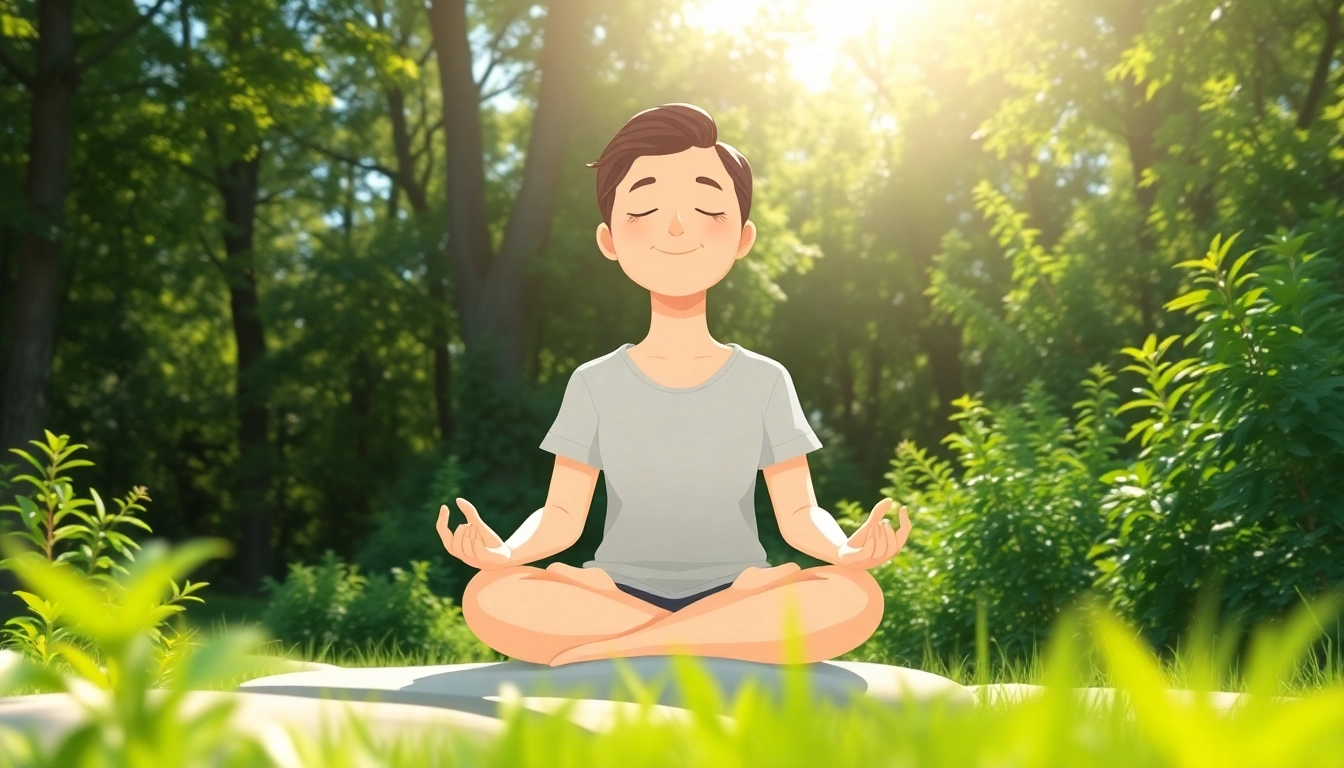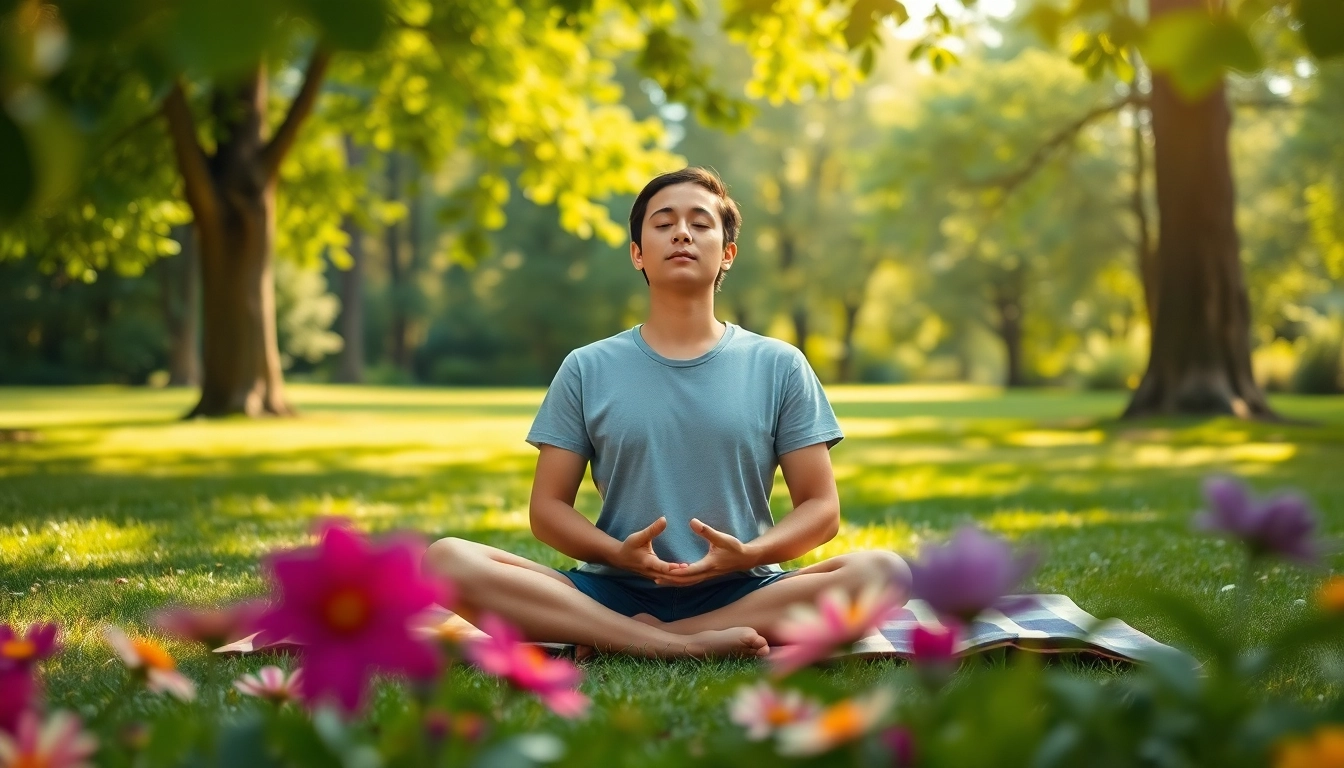Effective Strategies for Dealing with Anxiety: A Comprehensive Guide
Understanding Anxiety and Its Impact
Anxiety is a prevalent mental health issue affecting millions of people worldwide. Its impacts can be significant, influencing how individuals live their day-to-day lives. Effective strategies for dealing with anxiety can profoundly improve one’s overall quality of life. In this comprehensive guide, we will delve into the various facets of anxiety, equipping readers with knowledge and methods to manage it effectively.
What is Anxiety?
Anxiety is characterized by feelings of tension, worried thoughts, and physical changes like increased blood pressure. It’s a natural response to stress and can manifest as a mild nervousness before an important event or as a severe, chronic disorder that affects daily functioning. There are several types of anxiety disorders, including generalized anxiety disorder, panic disorder, social anxiety disorder, and specific phobias.
Common Symptoms of Anxiety
Symptoms of anxiety can vary but typically include:
- Persistent worry or anxiety that is difficult to control
- Restlessness or feeling on edge
- Fatigue
- Difficulties concentrating or mind going blank
- Sleep disturbances
- Physical symptoms such as increased heart rate, sweating, and tension
How Anxiety Affects Daily Life
For many individuals, anxiety can hinder daily activities such as work performance, socializing, and maintaining personal relationships. The fear of embarrassing oneself in social situations can lead to avoidance behavior, reinforcing feelings of isolation. Understanding the effects of anxiety is crucial for implementing effective coping strategies and seeking help when needed.
Identifying Triggers and Stressors
To effectively manage anxiety, it is vital to identify what triggers these feelings. Recognizing patterns and understanding what provokes anxiety can lead to effective coping mechanisms. This section delves into common triggers and self-assessment techniques that can help individuals pinpoint their stressors.
Common Triggers of Anxiety
Common triggers may include:
- Stressful life events, such as job loss or bereavement
- Work-related pressures
- Interpersonal relationships
- Health issues
- Financial difficulties
- Major changes, such as relocation or divorce
Self-Assessment Techniques
Self-assessment plays a vital role in managing anxiety. Techniques to assess anxiety levels and triggers include:
- Keeping a journal to track feelings and circumstances that lead to anxiety
- Using anxiety rating scales available in therapy literature
- Mindfulness practices to develop awareness of present thoughts and feelings
Seeking Professional Guidance
Although self-assessment is beneficial, seeking professional help is crucial for persistent or severe anxiety. Mental health professionals can provide diagnoses, therapeutic options, and coping strategies tailored to individual needs, enabling more effective management of anxiety disorders.
Practical Techniques for Dealing with Anxiety
This section covers various practical techniques that can help alleviate anxiety symptoms. From mindfulness practices to physical activity, these strategies can be integrated into daily routines to promote emotional well-being.
Mindfulness and Meditation Practices
Mindfulness meditation encourages individuals to focus on the present moment without judgment. Techniques include:
- Guided meditation using apps or online videos
- Body scan techniques to bring awareness to physical sensations
- Breathing exercises to foster a sense of calm and immediate relief during anxiety spikes
Physical Activity and Its Benefits
Regular physical activity can significantly reduce anxiety symptoms. Engaging in aerobic exercises, such as walking or swimming, can enhance mood and promote a sense of achievement. Additional benefits of physical activity include:
- Releasing endorphins, which act as natural painkillers and mood elevators
- Improving perceptions of self-control
- Providing a constructive outlet for stress
Breathing and Relaxation Exercises
Simple breathing techniques can be powerful tools for managing anxiety. Techniques include:
- Deep breathing—inhale deeply through the nose, hold for a few seconds, and exhale slowly through the mouth
- Progressive muscle relaxation, where you tense each muscle group and then release to help alleviate physical tension
- Visualization, picturing a peaceful scene to promote mental relaxation
Building a Support System
An effective support system can make a significant difference in managing anxiety. The involvement of friends, family, and professionals can provide essential emotional support and encouragement. This section addresses ways to build that support system.
Involving Friends and Family
Opening up about anxiety with trusted friends and family can create a foundation of support. Recommendations for engaging loved ones include:
- Expressing feelings openly without fear of judgment
- Seeking out companions for physical activities to diminish feelings of isolation
- Creating a safe space for supportive conversations
Support Groups and Counseling Services
Support groups can connect individuals facing similar challenges. Counseling services provide structured support. Benefits of these options include:
- Access to shared experiences and coping strategies
- Professional guidance on dealing with anxiety disorders
- A community fostering mutual encouragement and growth
Online Resources and Communities
The digital age offers numerous online communities and resources for individuals seeking help with anxiety. Some valuable options include:
- Forums like Reddit or specialized anxiety support groups
- Websites offering articles, blogs, and self-help resources
- Social media platforms for connecting with others who share experiences with anxiety
Lifestyle Changes to Reduce Anxiety
Making lifestyle changes can significantly influence anxiety levels. Integrating healthy habits into everyday life can serve as foundational tools for managing anxiety effectively.
Nutrition and Diet Considerations
A balanced diet can influence mental health. Key dietary considerations include:
- Eating regular meals to maintain stable blood sugar levels
- Incorporating foods rich in omega-3 fatty acids, such as salmon and walnuts, known for their mood-boosting properties
- Limiting caffeine and sugar intake, which can exacerbate anxiety symptoms
Sleep Hygiene and Its Importance
Quality sleep is vital for emotional well-being. Tips for enhancing sleep hygiene include:
- Maintaining a consistent sleep schedule
- Creating a bedtime routine that promotes relaxation, such as reading or taking a warm bath
- Limiting screen time before bed to improve sleep quality
Establishing a Balanced Routine
A well-structured daily routine that incorporates time for work, leisure, and relaxation can reduce anxiety. Strategies for establishing balance include:
- Prioritizing tasks and setting realistic goals to avoid feeling overwhelmed
- Integrating mindfulness practices or hobbies into daily life
- Setting aside time for physical activity to both relieve stress and improve mood








Post Comment